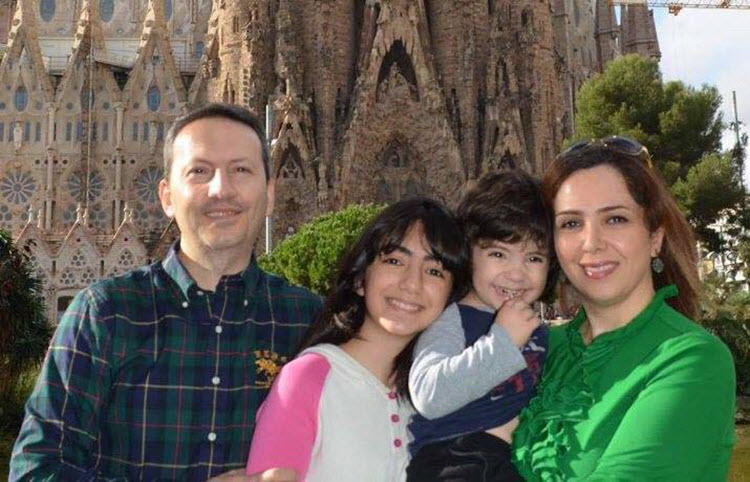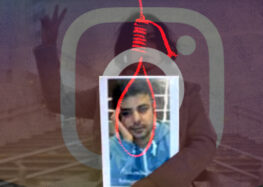UN Rights Experts Call on Iran to Annul Death Sentence Against Academic and Free Him
 GENEVA (20 December 2017) – United Nations human rights experts* have appealed to Iran to annul the death sentence against an Iranian academic, saying they are deeply “disturbed” by ongoing reports of due process failings during his trial.
GENEVA (20 December 2017) – United Nations human rights experts* have appealed to Iran to annul the death sentence against an Iranian academic, saying they are deeply “disturbed” by ongoing reports of due process failings during his trial.
Doctor Ahmadreza Djalali, an Iranian national and resident of Sweden, is a medical doctor, lecturer and researcher in disaster medicine who was arrested in April 2016. The procedure against him was marred by numerous reports of due process and fair trial violations, including incommunicado detention, denial of access to a lawyer, and forced confession.
“The execution of Dr. Djalali must be immediately halted and he must be released and accorded an enforceable right to compensation and other reparations,” the experts said.
“No formal charges were brought against him for nearly 10 months and he was effectively prevented from exercising his right to challenge the legality of detention. Furthermore, Dr. Djalali’s rights to a fair trial before an independent and impartial tribunal and to an effective defence have been violated.”
During Dr. Djalali’s detention, he was reportedly threatened with torture and other forms of ill-treatment, and threatened with being sentenced to death through an expedited process. Following this he was allegedly forced to confess to certain crimes, and forced to repeat dictated statements before video cameras.
In January 2017, he was taken before Branch 15 of the Revolutionary Court in Tehran, without his lawyer, and was informed that he was accused of “espionage” and could face the death penalty.
Dr. Djalali was sentenced to death on 21 October 2017. Information received indicates that he was not given a meaningful opportunity to appeal against his conviction and no defence submission was made. It is understood that the Supreme Court subsequently reaffirmed his death sentence earlier this month.
In a further concerning development, Iranian State television aired a video of his apparent “confession” on 17 December 2017.
In November, the UN Working Group on Arbitrary Detention found the deprivation of liberty of Dr. Djalali to be arbitrary (PDF) and in contravention of relevant provisions of the Universal Declaration of Human Rights and the International Covenant on Civil and Political Rights.
The experts deplored the public airing of Dr. Djalali’s apparent “confession”, especially in the light of the coercion allegations, and are concerned by the lack of information available during the trial and apparent appeal process. The timing of the video release, as well the allegations of coercion beg serious questions about its legitimacy, they added.
“We have been in dialogue with the Iranian authorities regarding Dr. Djalali’s situation,” the experts said.
They had previously raised their concerns regarding his situation, including in a communication issued in February 2017. The Government responded, noting that Dr. Djalali had been charged with “corruption on the earth” and had been allowed meetings and phone calls with his family.
*The UN experts: Mr. José Antonio Guevara Bermúdez, current Chair-Rapporteur of the Working Group on Arbitrary Detention; Mr. Nils Melzer, Special Rapporteur on torture and other cruel, inhuman or degrading treatment or punishment; Ms. Agnes Callamard, Special Rapporteur on extrajudicial, summary or arbitrary executions; and Ms. Asma Jahangir, Special Rapporteur on the situation of human rights in the Islamic Republic of Iran.
The Special Rapporteurs are part of what is known as the Special Procedures of the Human Rights Council. Special Procedures, the largest body of independent experts in the UN Human Rights system, is the general name of the Council’s independent fact-finding and monitoring mechanisms that address either specific country situations or thematic issues in all parts of the world. Special Procedures’ experts work on a voluntary basis; they are not UN staff and do not receive a salary for their work. They are independent from any government or organization and serve in their individual capacity.






